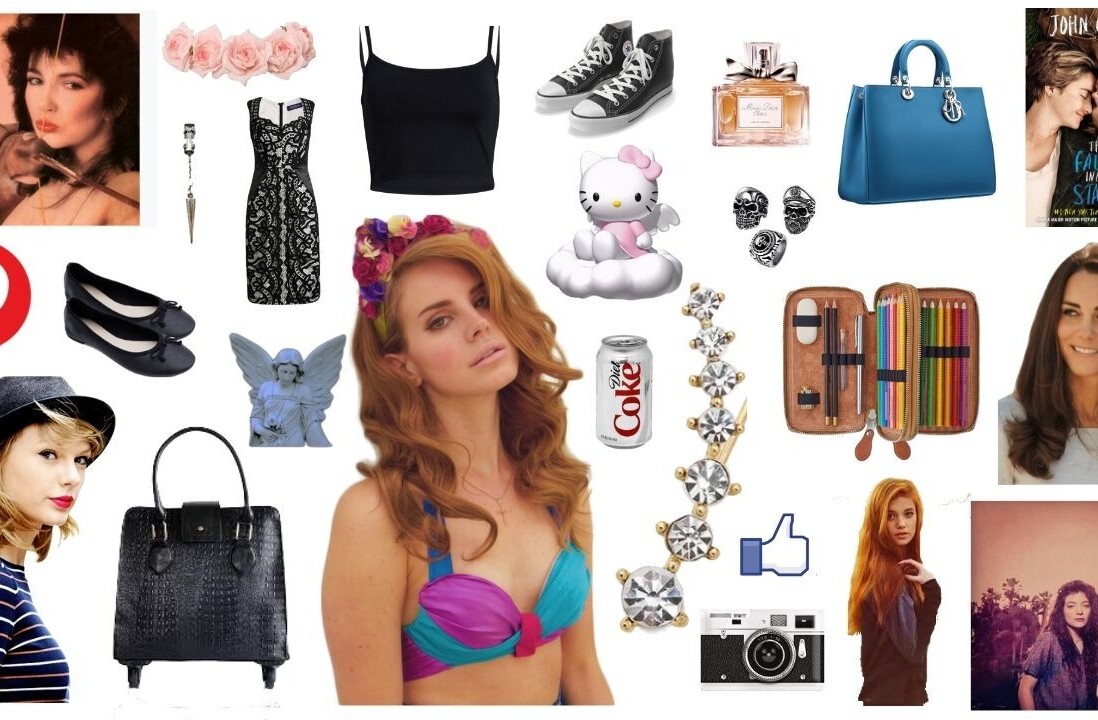
Every time a photographer posts one of their photos online, they know that they run the risk of someone stealing it and passing it off as their own. In the case of New York-based Spanish street photographer, Sion Fullana, that ‘someone’ just happened to be Vogue Spain’s social media team.
Fullana shared two screenshots on Twitter, accusing Condé Nast Digital publication Vogue Spain of swiping two of his photos and posting them as their own on Instagram:
Shameless conduct by @VogueSpain on #Instagram stealing my photos (1): Is this what a magazine of such name should do? twitter.com/SionFullana/st…
— Sion Fullana (@SionFullana) April 21, 2012
He adds that one photo he had taken in New York, was passed off as a photo in Paris:
Shameless conduct by @VogueSpain on #Instagram, stealing photos (2): Not only steal, but lie that a NY photo is Paris twitter.com/SionFullana/st…
— Sion Fullana (@SionFullana) April 21, 2012
Despite having racked up over 72,000 followers on Instagram, his account is now private, and his photos hidden from the public.
The Vogue Spain account was briefly inaccessible, and the photos are now nowhere to be seen. Fullana didn’t get so much as a word, tweet, or (original) photo acknowledging what had happened.
All he got was an abrupt comment on one of Vogue Spain’s own photos, although, let’s face it, who knows where they got it? And to add insult to injury, the comment only came after Vogue Spain was grilled by another Instagram user. The comment read: “It was a mistake and we apologize for the damages.”
We’re not entirely sure how Vogue Spain ‘mistakenly’ lifted two photos that didn’t belong to them and passed them off as their own. But let’s set that aside for a minute.
Vogue Spain has 11,840 followers on the photo-sharing app, so it is quite puzzling that they didn’t stop to think that one of Fullana’s many followers, or even Fullana himself, might notice that his photos had been ripped off.
When brand names as big as Vogue Spain are stealing, and the objects of their theft are photographs no less, it certainly calls into question how much content we should share online.
We’ve made our argument for creative commons here at The Next Web, and are firm believers in the idea that platforms like Instagram, 500px and Google+ are great ways for photographers to connect with a global audience.
While some photographers resort to watermarking their work, that’s an approach that detracts from the quality of the image, and at their core, platforms like Instagram aren’t about taking the time to place a watermark on your image. They’re about fast and instantaneous photo sharing on the fly.
Vogue Spain’s actions are disappointing, to say the least, first for using the images, and second for deleting them without acknowledging Fullana’s legitimate complaints.
In the case of other social media fails which have blown up in marketeers faces, from Nikon to Bayern Munich, very public apologies were made to their fans.
The least Vogue Spain could have done was make a public apology, not one buried in the comments of an image, even if it has yet to suffer a social media backlash.
Update:
Vogue Spain posted an image on their Instagram account, apologising for what happened. While this is definitely a step in the right direction, it still appears somewhat halfhearted, since the apology was not posted in context, and as comments show, some of their followers still have no clue what happened.
Get the TNW newsletter
Get the most important tech news in your inbox each week.







